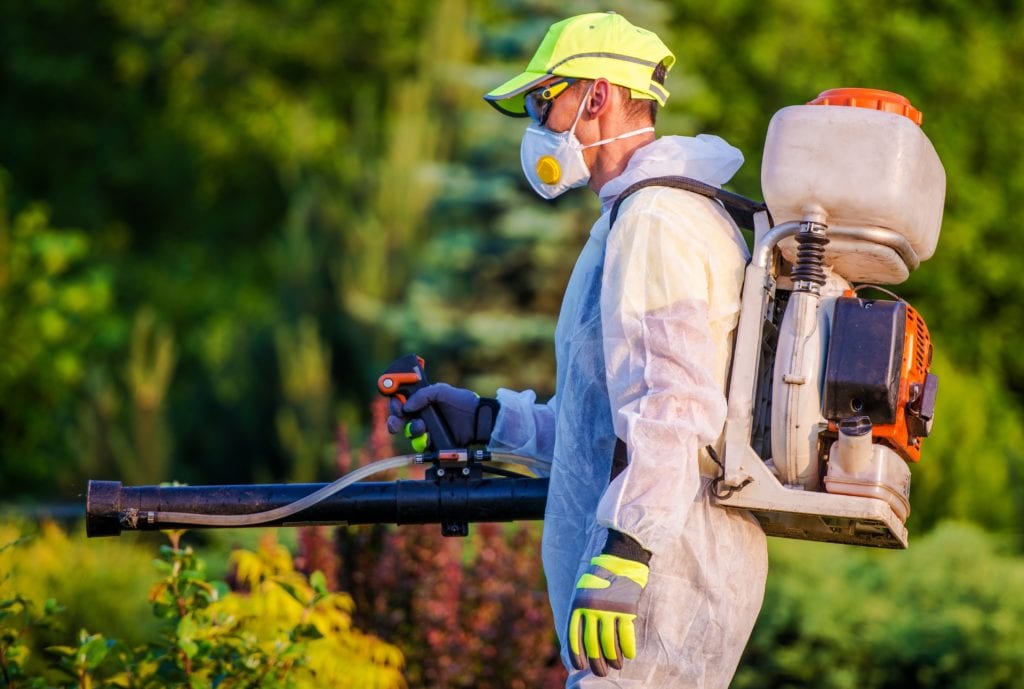Trusted Exterminator Near Me: Your Local Pest Control Service!
Trusted Exterminator Near Me: Your Local Pest Control Service!
Blog Article
Specialist Bug Control Techniques for Long-Term Results
Specialist pest control techniques encapsulate an extensive technique that begins with a detailed inspection and assessment, followed by precise pest identification to understand their behavior patterns. The implementation of Integrated Pest Management (IPM) principles, coupled with eco-conscious treatments, creates the keystone of lasting bug elimination.
Assessment and Evaluation
Upon entering a home for insect control services, the first step is a complete assessment and analysis to recognize the extent of the infestation and establish one of the most efficient treatment plan. Professional parasite control service technicians are trained to meticulously take a look at the properties, trying to find indicators of insect activity such as droppings, chomp marks, nests, or any architectural damage. They will also examine the conditions that might be bring in insects, such as food resources, water leakages, or entry factors.

Bug Identification and Behavior

Moreover, understanding the habits of the determined parasite is key to implementing effective control actions. For circumstances, recognizing where bugs nest, what they feed on, and their activity patterns can help pest control specialists design strategies to eradicate them successfully. Some insects might be nocturnal, while others are more active throughout the day. This understanding enables the application of therapies at optimum times for optimum performance.
Integrated Parasite Management (IPM)
Integrated Pest Monitoring (IPM) methods incorporate multiple methods to regulate and prevent bug problems in a sustainable and ecologically pleasant manner. exterminator. By integrating techniques such as organic control, environment manipulation, modification of cultural methods, and using resistant varieties, IPM aims to lessen using chemical pesticides
Among the key principles of IPM is the emphasis on prevention. This aggressive technique entails surveillance click resources pest populations frequently to find any kind of possible concerns prior to they rise. By identifying pest problems at an early stage, pest control procedures can be carried american pest control out quickly and properly.
In addition, IPM advertises using safe bug control approaches whenever feasible. This can consist of utilizing natural predators of the insects, introducing helpful bugs, or utilizing scents to interfere with breeding patterns. By lowering dependence on chemical pesticides, IPM not just shields the environment but likewise assists preserve a balance in the environment.
Environmentally-Friendly Therapies
Carrying out eco-conscious methods in parasite control treatments can effectively resolve infestations while prioritizing environmental sustainability. Environmentally-friendly treatments concentrate on reducing the effect of insect control techniques on ecological communities, non-target microorganisms, and human health. These methods typically involve the usage of natural predators, such as ladybugs or nematodes, to manage pest populations, reducing the requirement for chemical interventions. In addition, methods like habitat manipulation, such as readjusting moisture degrees or eliminating food sources, can help prevent pests without the use of dangerous materials.
An additional key facet of environmentally-friendly therapies is using natural and biodegradable products that damage down quickly without leaving damaging deposits in the environment. Organic pesticides originated from plants like chrysanthemums or neem provide reliable pest control while positioning marginal home threat to non-target species. Additionally, using approaches like heat treatments or scent catches can target details pests with accuracy, lowering the overall environmental effect of parasite control methods.
Recurring Surveillance and Upkeep
Regular security and maintenance are essential components of effective pest control management. Recurring monitoring plays a critical duty in making certain that parasite problems are identified very early and managed without delay. Normal examinations by experienced experts are needed to determine any signs of pest task, analyze the efficiency of previous treatments, and make adjustments to the pest control strategy as required. By checking bug populations in time, pest control specialists can track fads, expect prospective issues, and apply preventative procedures to reduce the risk of future infestations.
In addition to surveillance, upkeep methods are vital for long-lasting parasite control success. This consists of executing proper cleanliness actions to get rid of potential food and water sources for bugs, securing off entrance indicate avoid bugs from going into the properties, and attending to any kind of architectural issues that might assist in bug problems (Pest control Washington DC). By including continuous tracking and maintenance into an integrated pest management approach, organizations can make sure a pest-free atmosphere and secure their property versus pricey damages and health and wellness risks
Conclusion
Finally, making use of expert insect control techniques such as comprehensive evaluation and assessment, accurate parasite recognition and understanding of their behavior, incorporated bug administration techniques, environmentally-friendly treatments, and recurring tracking and maintenance are important for achieving long-term outcomes in bug control. By carrying out these techniques, individuals can efficiently manage pest infestations and preserve a pest-free environment in a lasting way.
Report this page